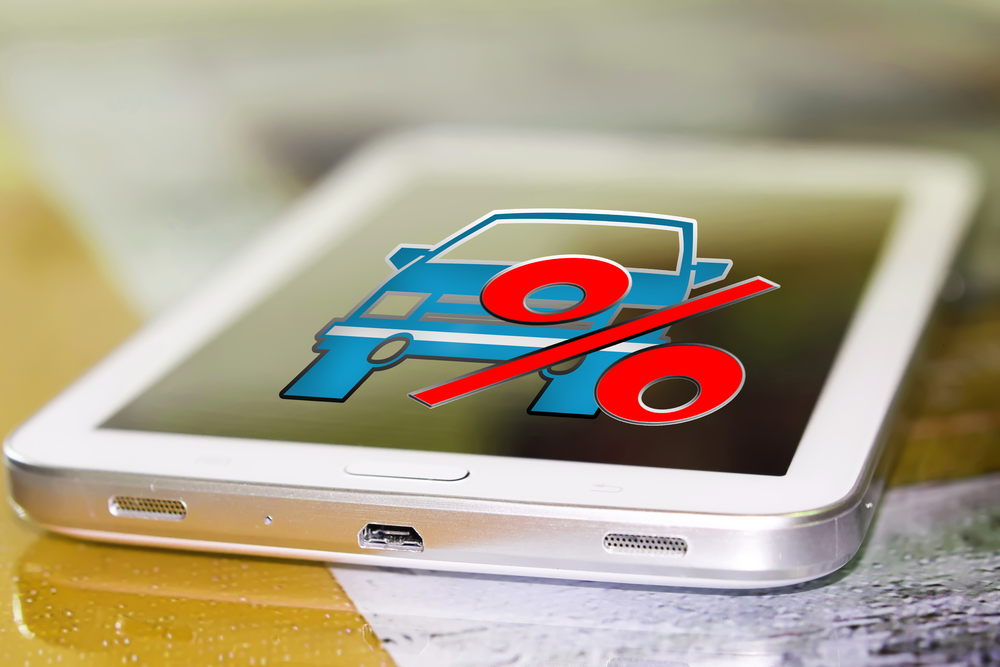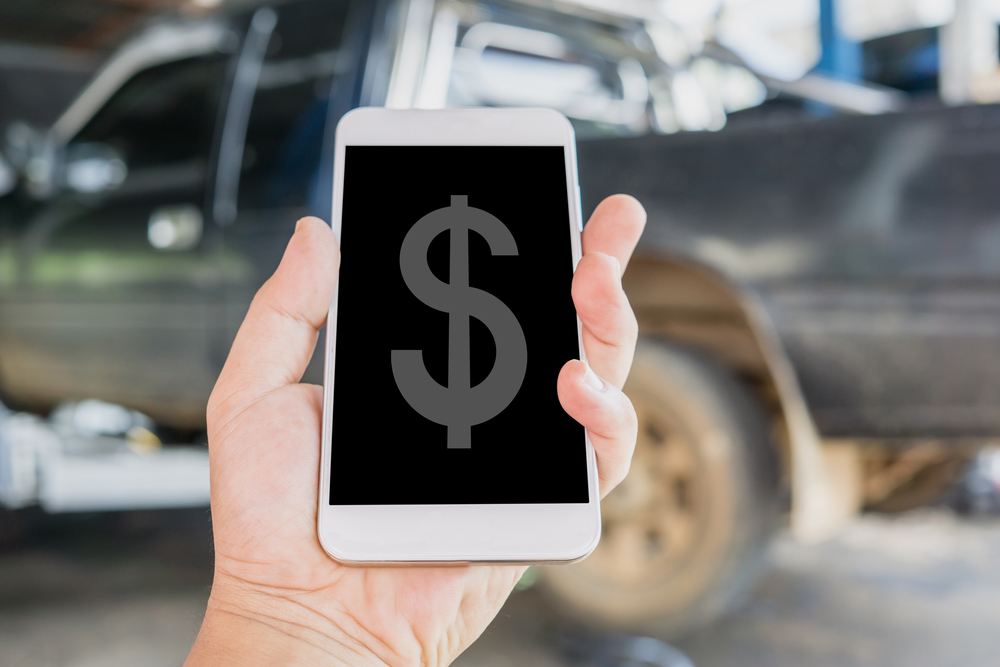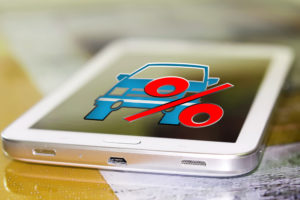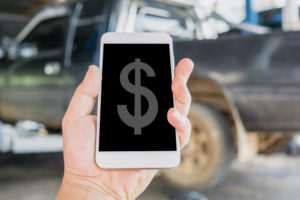Dye Autos Denver Area Truck and Automotive Blog
 Many consumers believe you can’t finance a used pickup truck or car. The fact is, used car dealers have some of the best financing available. They work with credit unions and banks to get the most attractive terms and pass them onto you. Like all loans, making a down payment is advantageous. But how much should you actually put down on a pickup truck?
Many consumers believe you can’t finance a used pickup truck or car. The fact is, used car dealers have some of the best financing available. They work with credit unions and banks to get the most attractive terms and pass them onto you. Like all loans, making a down payment is advantageous. But how much should you actually put down on a pickup truck?
A down payment isn’t always required for purchase, but it’s definitely a good idea.
Why?
- It will reduce the amount you’ll need to borrow.
- It improves your chances of loan approval.
- You may get better terms with a down payment.
- It will reduce your monthly payment.
First, let’s define down payment.
The phrase is actually derived from the old practice of putting money down on the table to show a seller good faith when negotiating a deal. Today, the down payment is simply a way of reducing the amount of risk a lender has to take when helping you make a substantial purchase.
Down payment isn’t always cash.
Your trade-in vehicle can serve as a down payment. If you still owe on that loan, the amount of “equity” you have can serve as your down payment. “Equity” is the difference between your trade-in’s loan payoff amount and the actual cash value of your car.
If you have a trade-in, and if you can swing it, any additional down payment – even a few hundred dollars – has a very positive effect in the long term.
For more pickup financing tips, check out our post: “Answers to Your 6 Biggest Used Car Financing Questions”
To determine the amount your down payment should be on a pickup truck, consider these two important factors.
1. Credit Score.
Before attempting to finance any purchase, you should always know your credit score.
Check your credit report as soon as you start thinking about buying a used car or truck, even if it’s months in advance. If you’ve got less-than-ideal credit, taking this action will help you even more…and save you tons of time and money.
By cleaning up your credit before applying for a loan, you improve your chances of being approved with decent terms. Cleaning up your credit will include paying off past due accounts, disputing credit report errors, and adding positive information to your credit report.
ProTip: You can obtain a FREE credit report.
When you check your credit score, be sure to focus on where you fall in comparison to other consumers, and what areas of your credit are strong — and what might need some work.
FTC (Federal Trade Commission) Website: You’re entitled to one free copy of your credit report every 12 months from each of the three nationwide credit reporting companies. Order online from annualcreditreport.com, the only authorized website for free credit reports, or call 1-877-322-8228. You will need to provide your name, address, social security number, and date of birth to verify your identity.
2. Your Monthly budget.
The bigger your down payment the lower your monthly payment will be.
For a used pickup truck loan, you generally want to put down 10% or more of the vehicle’s sale price if you want to reduce your monthly payment. For example, if you want to finance the purchase of a $15,000 pickup, you should plan to put at least $1,500 down. Lenders may require more down payment depending on your creditworthiness.
Generally, for every $1,000 of down payment you apply, you can expect your monthly payment to drop by about $25 to $30, depending on the interest rate.
Depending on your credit score, current interest rates and the type of pickup truck you want to buy, you may not need a large down payment. Some people like to finance as much as possible and keep their cash for other things.
Where do I go to learn more?
Each vehicle sale is different but at Dye Autos, we’ve sold thousands of pickup trucks and we’ve helped a lot of people who thought they’d never be able to afford a vehicle.
Give us a chance to help you. Call us at (303) 286-1665 or use our handy online financing pre-approval form >>here<<.
Read MoreHow to Determine How Much You Should Spend on a Used Car

It’s super smart to know your financial health before setting sights on a new car. Many customers we talk to don’t come equipped to determine the best used car for their budget. You can save yourself a lot of money – and a lot of headaches – by doing some simple math before you make your final decision.
If you don’t have a clear picture of how much you can actually afford, it’s easy to bite off more than you can chew. Many people fall in love with a dream car and ignore red flags when it comes to the math.
Even though your (new) used car has monthly payments that seem manageable, it’s always best to know for sure.
How Much Should You Spend on a Used Car?
Buying a used car is one of life’s biggest expenses, and it’s a purchase where you have control over how much you spend.
Financial experts offer wildly different advice on how much you should spend on a car. One school of thought holds that all your automotive expenses (gas, insurance, car payments) should not exceed 20% of your pretax monthly income.
The general rule of thumb is that you shouldn’t spend more than 20% of your monthly income on your car payment.
Knowing your monthly fuel and insurance costs will also help you make an educated decision if you’re considering multiple vehicles. Some may cost more to fuel up; others might have a higher cost to insure.
What you’ll pay
Most buyers with better-than-average credit will pay less-than-average for financing.
Down Payment
A down payment is usually required by lenders, and it’s definitely a good idea. Why?
- It will reduce the amount you’ll need to borrow.
- It improves your chances of loan approval.
- You may get better terms with a down payment.
- It will reduce your monthly payment.
Your credit history will determine the size of the used car loan you can get. If you have less-than-average credit, the high interest rate will make the amount of your loan even lower.
A down payment will offset the interest, taxes, and fees and widen the selection of vehicles you can choose from.
Taxes and Fees
- Calculate your sales tax rate.
- Estimate your License fees.
- Ask your dealer how much their documentation fee is.
Pro Tip: Know your credit score and work on your credit before you start shopping.
Check your credit report as soon as you start thinking about buying a used car or truck, even if it’s months in advance.
If you’ve got less-than-ideal credit, taking this action will help you even more…and save you tons of time and money.
By cleaning up your credit before applying for a loan, you improve your chances of being approved with decent terms. Cleaning up your credit will include paying off past due accounts, disputing credit report errors, and adding positive information to your credit report.
Do your homework before you buy.
By determining how much you should spend on a used car or truck, you’ll be wise to the bigger picture of vehicle expenses BEFORE you head out the door. You’ll end up with a great vehicle that’s best for you, your family AND your wallet.
Call us!
We shared these tips with you because our current customers have told us how grateful they are for this information. We enjoy helping people decide on the right used car or truck.
We can help you too! Call us at (303) 286-1665 or simply fill out our handy contact form >>here<<.
Read More



